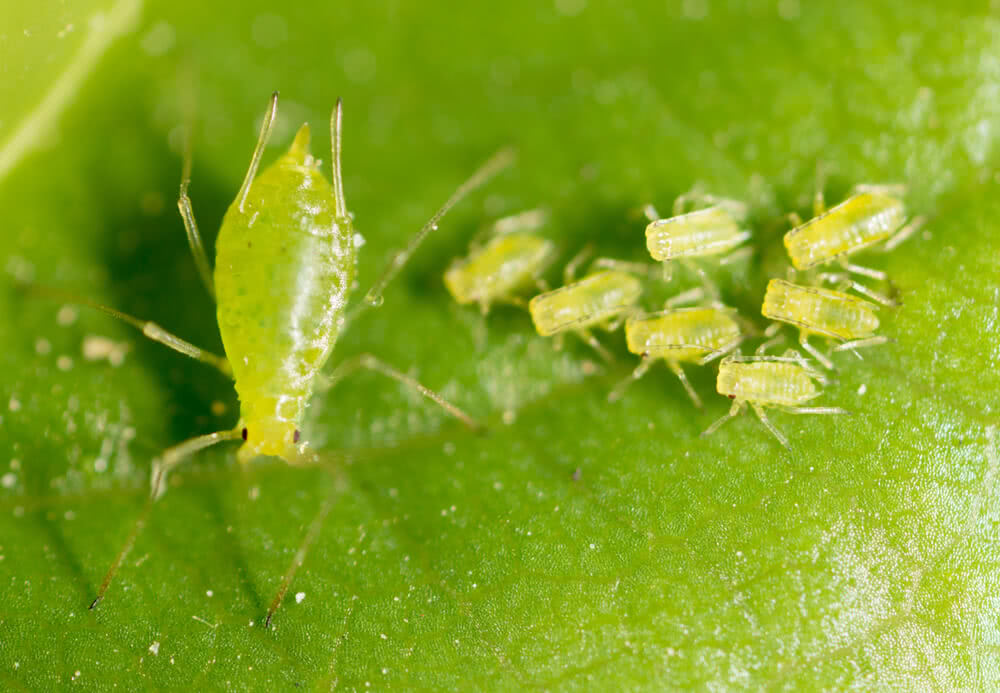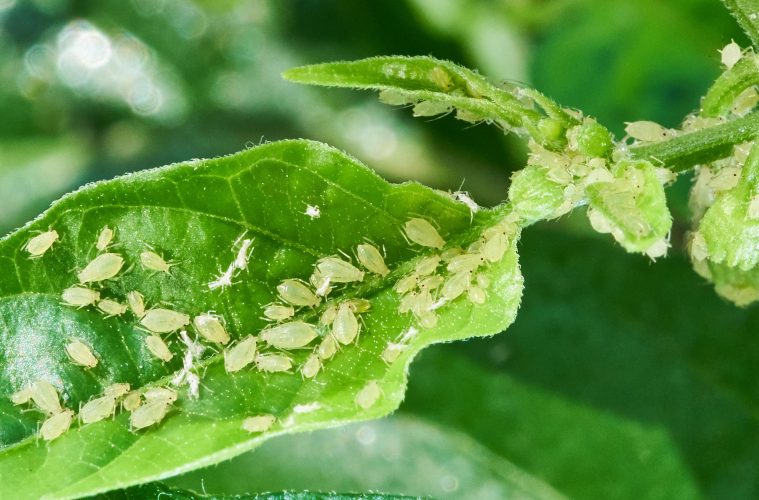Aphids are one of the most common pests gardeners encounter, with various species attacking a wide variety of plants. These tiny, soft-bodied insects can multiply rapidly, clustering mainly on the new growth and undersides of leaves.
They suck sap from plants, weakening them, and can also transmit various plant diseases. As they feed, aphids secrete a sticky substance called honeydew, which not only attracts ants but can also lead to the growth of sooty mould.

Pexels
Regularly inspecting plants, especially their undersides, helps in early detection. When found in small numbers, aphids can often be washed off with a strong jet of water from a hose. For more severe infestations, consider natural solutions such as encouraging beneficial insects that are aphid predators (things like ladybirds and parasitic wasps).
Commercial insecticidal soaps or neem oil sprays are also options, but always use as directed and test and test a small area of the plant first. An unchecked aphid infestation can severely harm plants, but with vigilance and prompt action, their impact can be minimised.
ALSO SEE:
A version of this article was published in the Garden&Home November 2023 print issue.
Feature image: Unsplash

